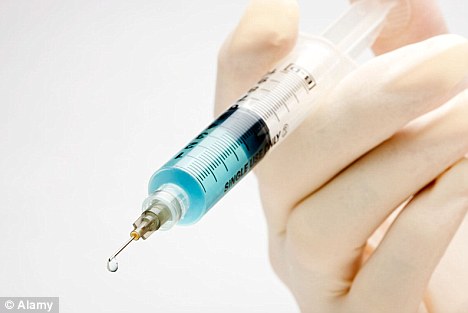Patients who have undergone a heart attack often have thinned-out or otherwise weakened heart walls, which can result in inefficient blood circulation and/or regurgitation, leaving the patient weakened and out of breath. Researchers at the University of Pennsylvania have developed a biodegradable hydrogel based on hyaluronic acid that can be injected into the walls of the heart in a patient who has undergone a heart attack. The liquid gels in the damaged walls of the heart through the addition of thiol and methacrylate groups, which crosslink the hyaluronic acid. The UPenn team hopes that the approach will result in a stiffened, and therefore more reliable, heart wall.
Injectable hydrogels have been used to improve heart function for several years, including work done at Cambridge Polymer Group. Since 2006, CPG has collaborated with cardiovascular researchers at the Massachusetts General Hospital. In several studies, this collaboration has demonstrated that a novel injectable hydrogel developed at CPG can be injected into the hearts of sheep with induced ischemic mitral regurgitation, and the hydrogel-strengthened heart walls can reverse the effects of the mitral regurgitation.
The hydrogel is based on polyvinyl alcohol, and undergoes no chemical reaction to form the gel, which helps in its safety profile. This approach is minimally invasive, and provides a potential long-term solution to hearts damaged from cardiac events. Read more about the publications by CPG and MGH on this subject here.

